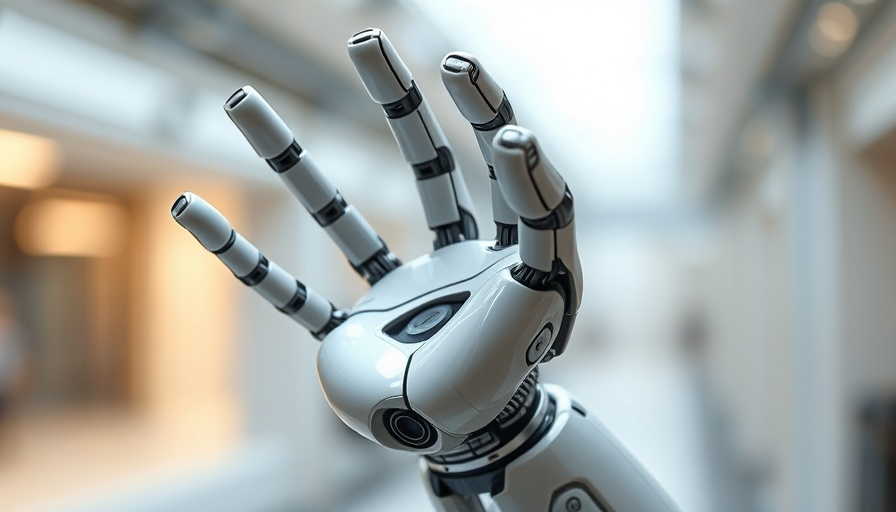
Mattel and OpenAI's Groundbreaking Partnership
In an age where technology increasingly interacts with children's lives, Mattel's recent collaboration with OpenAI stands out as a significant shift in the toy industry. As the company known for iconic brands like Barbie and Fisher-Price embraces artificial intelligence (AI), parents face new challenges about the nature and implications of educational play.
The Evolution of Interactive Toys
For decades, toys have evolved from simple inanimate playthings to interactive companions. This evolution can be seen in milestones such as Mattel's Chatty Cathy doll introduced in 1960, which allowed for rudimentary conversations. As technology enhanced, toys like Teddy Ruxpin and Furbies sought to engage children through storytelling and emotional mimicry. However, the integration of AI in toys, particularly through partnerships like that of Mattel and OpenAI, introduces a new layer of complexity that raises pressing concerns.
Understanding AI's Role in Children's Play
With the partnership set to bring generative AI into the toy experience, questions emerge regarding how these intelligent systems will influence children's development. Unlike traditional toys, AI-driven companions can engage in real-time conversations, simulating understanding and responsiveness. This raises critical questions: What kind of bond will children form with toys that can hold personalities or provide emotional support? Will these connections replace genuine human interactions?
The Risks Associated with AI Toys
While there are educational benefits to interactive play, parents cannot ignore the associated risks. One of the primary concerns is privacy. Children often do not comprehend how their personal information is being handled, raising alarms about data security. Moreover, as AI technology can be misled or manipulated, even the most carefully designed safety features may not provide foolproof protection against abuse or data leaks.
Counterarguments: The Benefits of AI in Education
On the flip side, proponents of AI integration argue that these smart toys could offer valuable learning experiences. They can be programmed to adapt to various learning styles, offering personalized education that traditional toys cannot match. Recognizing this potential, many advocates urge that with proper guidelines and ethical frameworks, such advancements could enhance, rather than diminish, a child’s growth.
Looking Ahead: A Thoughtful Future for AI Toys
As new technologies become part of children's play, parents are called to engage critically with these developments. It is essential for caregivers to assess not only the play value of AI toys but also their long-term implications. This includes seeking clarity on data usage, privacy protections, and how these toys may influence social skills and emotional development.
In Conclusion: Knowledge is Power
As the toy landscape shifts under the influence of digital innovation, parents must remain informed advocates for their children’s well-being. Ensuring that children's interactions with technology are safe and beneficial is paramount. Awareness and education about AI's role in toys can lead to smarter choices for families as they navigate this uncharted territory of children's play.
 Add Row
Add Row  Add
Add 




Write A Comment